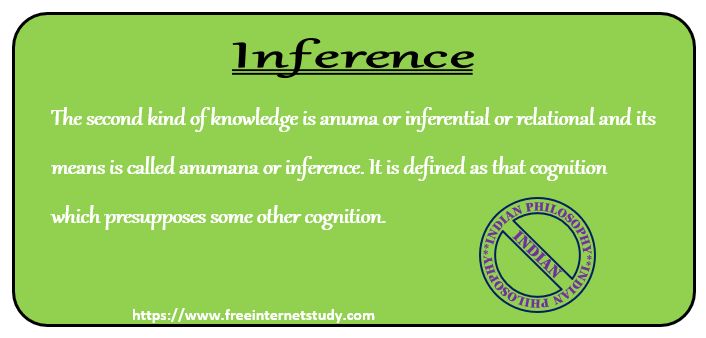Sri Aurobindo
Sri Aurobindo Sri Aurobindo:- The justification for including Sri Aurobindo’s philosophy under ‘the Schools of Vedanta’, if any justification were required, is that almost every page of ‘The Life Divine’ is inspired by the creative vision of the seers of the Vedas and the sages of the Upanisads. As a free commentator on Vedanta, … Read more


